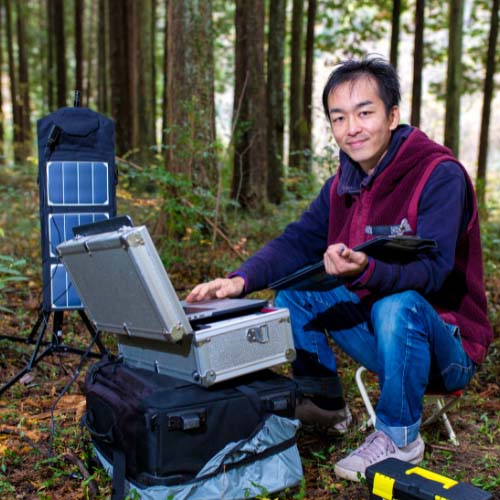Free Data Access for Researchers – NASA CSDA Program
NASA recently awarded Spire a contract renewal to provide Earth observation data through the Commercial Smallsat Data Acquisition (CSDA) Program. We provide unique Earth intelligence data that is currently available to all U.S. Government-funded researchers at no cost.
The CSDA Program evaluates and procures data from commercial sources that support NASA’s Earth science research and application goals.
Through the program, all US Government-funded researchers, including NASA, are able to access Spire’s Earth Information data including:
- GNSS Radio Occultation (GNSS-RO) atmospheric profiles
- GNSS grazing angle reflectometry
- Space weather measurements
- Total electron content
- Ionospheric density profiles
- Satellite Precise Orbit Determination (POD) and satellite attitude
- Magnetometer observations
Technical support team
For any questions regarding your NASA CSDA data, please reach out to our dedicated technical support team.
Spire Scholar: Publications using Spire data
The Use of Spire Radio Occultation Measurements in the GEOS Atmospheric Data Assimilation System
(PI: Will McCarty, Global Modeling and Assimilation Office/NASA GSFC)
Data Processing and Scientific Evaluation of Spire GNSS RO Data for the NASA Commercial Data Buy Program
(PI: Bill Schreiner, UCAR COSMIC Program)
Phase-Delay Altimetry from Reflected GNSS Signals for Resolving Mesoscale Ocean Circulation Features
(PI: R. Steven Nerem, University of Colorado)
Spire POD/Neutral Density Assessment
(PI: Eric Sutton, Space Weather Technology, Research, and Education Center/Univ. of Colorado)
Eighteen-year record of circum-Antarctic landfast-sea-ice distribution allows detailed baseline characterisation and reveals trends and variability
(Fraser, A. D., Massom, R. A., Handcock, M. S., Reid, P., Ohshima, K. I., Raphael, M. N., Cartwright, J., Klekociuk, A. R., Wang, Z., and Porter-Smith, R.)
Whitepapers
Leveraging Spire Data
Introducing the Spire Indri
The Low-Earth Multi-Use Receiver (LEMUR) is Spire’s signature 3U CubeSat platform used to collect the datasets offered through the NASA CSDA Program. Spire is a company committed to creating a safer, cleaner, and more sustainable world and the LEMUR is not only a creative acronym, but an opportunity to bring awareness to an endangered species of mammal threatened by climate change and destructive human activity.
The Indri is the largest living lemur (about 2 ft. long) located in the remote areas of northeastern Madagascar. It jumps from tree to tree in an upright position and rarely comes to the ground. The Indri is a critically endangered species, protected by law, suffering habitat loss due to slash-and-burn agriculture, fuelwood gathering, and logging.
Our Spire Indris

Raymond Smith
Department Chair, Environmental Science, University of Colorado

Andrea Garner
Professor, Climate Science, University of Colorado

Li Zhao
Associate Professor, Earth System Science, University of Colorado
Program Offerings
Access to Spire’s global, space-based Earth observation data sets including:
- Atmospheric data: Radio occultation atmospheric products
- Space Weather/Ionospheric products: Electron density, scintillation
- Surface data: GNSS-R surface properties including wind speeds, soil moisture, and sea ice characteristics
- Satellite Precise Orbit Determination (POD) and Satellite Attitude
- Magnetometer observations
Spire to host monthly meetings with ambassadors to solicit feedback on data sets and introduce new products.
Spire to be available for any required technical support.
Spire Data Advantages
- Largest commercial constellation of multifunctional satellites
- Rich, unique datasets harness GNSS signals of opportunity
- True global coverage with dense spatial and temporal resolution
- Resilient observations and continuous technology improvement
Spire Expectations
- Data is for internal project use only – not to be distributed outside of research groups until ready for publication
- Results to be shared with Spire prior to publication
- Results to be made available to use in various forms of content – blogs, social media posts, white papers, etc.
Data Rights
- No data sharing outside of project group, for internal validation only